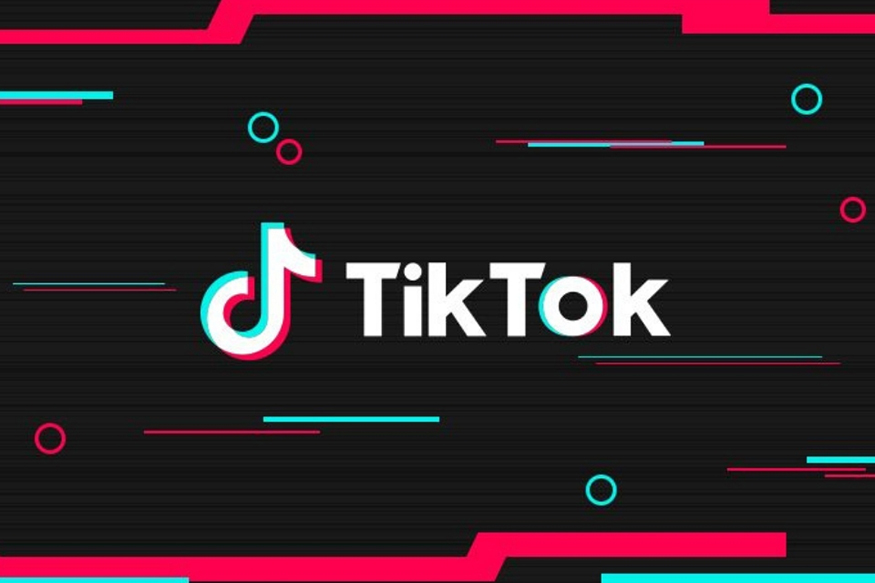KATHMANDU: Despite strong opposition to the TikTok ban in Nepal, it’s important to note that several other countries have also implemented restrictions on this widely-used social media platform.
While some nations, including Nepal, have opted for a complete ban, others have chosen a more nuanced approach, restricting TikTok use to government devices. Here’s a brief overview:
Afghanistan:
The Taliban government in Afghanistan banned TikTok and the online game PUBG in 2022.
Australia:
The Australian federal government has prohibited the use of TikTok on government devices, excluding the general public.
Belgium:
Belgium has banned TikTok on government-owned devices, citing concerns about cyber security, privacy, and misinformation.
Canada:
TikTok is banned on government devices in Canada.
Denmark:
Denmark’s Ministry of Defense has prohibited the use of TikTok on phones provided to its employees.
European Union:
The EU bodies—European Parliament, European Commission, and EU Council—have banned their employees from using TikTok on institutional and personal devices.
France:
France has restricted the recreational use of social media apps, including TikTok, on government employees’ phones due to data security concerns.
India:
India imposed a comprehensive ban on numerous Chinese apps, including TikTok, in 2020, citing privacy and data security concerns.
New Zealand:
MPs and parliament staff in New Zealand are prohibited from using TikTok on work equipment.
Norway:
Norway has banned government employees from using TikTok on government-provided phones.
Taiwan:
Taiwan implemented a complete ban on TikTok in December 2022.
United Kingdom:
Britain has banned the use of TikTok on mobile phones used by government ministers and civil servants.
United States:
The US has banned TikTok on government devices.
These actions highlight the diverse global responses to TikTok, ranging from outright bans to nuanced restrictions on specific devices.









Comment